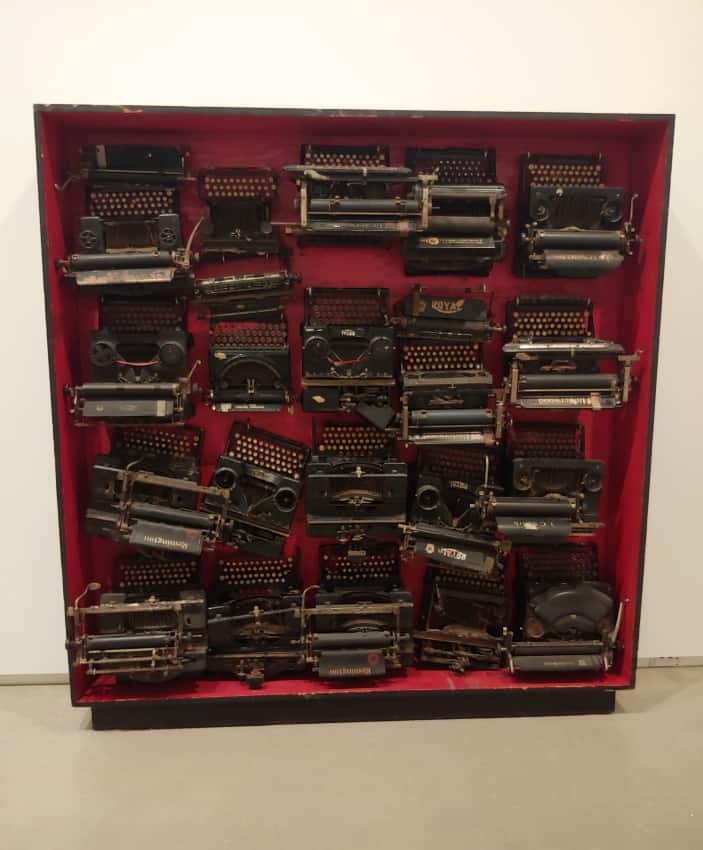
As an English major with an interest in creative writing, I am no stranger to people commenting on the viability of my future career options, but I recently heard a new one when a random stranger asked me what I was going to do with my degree.
“I don’t think there’s much of a future in being an author. Artificial intelligence will be able to write better books soon anyway,” this stranger told me. It made me upset, a little angry, and frankly, a little scared. Could AIs really write books and eventually replace authors altogether? I decided to investigate.
We’ve all talked to a ChatBot back in the day or perhaps heard about the AI that wrote Harry Potter fan fiction. But an AI writing a full novel? Is it possible?
Apparently, it is. In 2018, the novel 1 the Road was published. This novel was written entirely by an AI which had been trained to write prose after it was fed different types of written work, including poetry and science fiction, that were written by human authors.
This allowed the AI to “learn” the writing style so that it could output similar language. It was then brought on a roadtrip from New York to New Orleans in 2017 where it picked up language from various conversations, scenery and GPS locations. It eventually produced choppy texts which creator Ross Goodwin compiled into a novel.
So machines can generate text. But is it good? Not really. While 1 the Road makes for an interesting thought piece or work of art, it still relies on Goodwin’s intervention to actually turn machine gibberish into a collection of prose.
The story begins with this cryptic line: “It was nine seventeen in the morning, and the house was heavy.” Not bad. But is it a masterpiece of literature? Even with thousands of literature examples to use as inspiration, will machines ever write in a way that surpasses the human creative mind?
The main thing holding machines back from taking over the literary world is perhaps the limitations of the machine itself. While it seems that AIs excel at understanding and creating patterns, they do not have the capability to understand the implications underlying the use of certain words and poetic form. They just don’t get the nuance of storytelling. They can string together sentences, but the narrative lacks depth and meaning — it’s devoid of humanity.
Plus, as they need to rely on pre-existing texts in order to produce work, could a machine ever create something truly new and groundbreaking?
An AI could produce a novel in a paint-by-numbers sort of way, but could an AI think up the concept of James Joyce’s modernist’s masterpiece Ulysses or Italo Calvino’s postmodern meta-narrative If on a winter’s night a traveler?
Can an AI truly capture the creative innovations and complex emotions of the human mind? I’d like to see it try.
—
Delane Just
Photo: Erin Matthews/ Opinions Editor
Leave a Reply